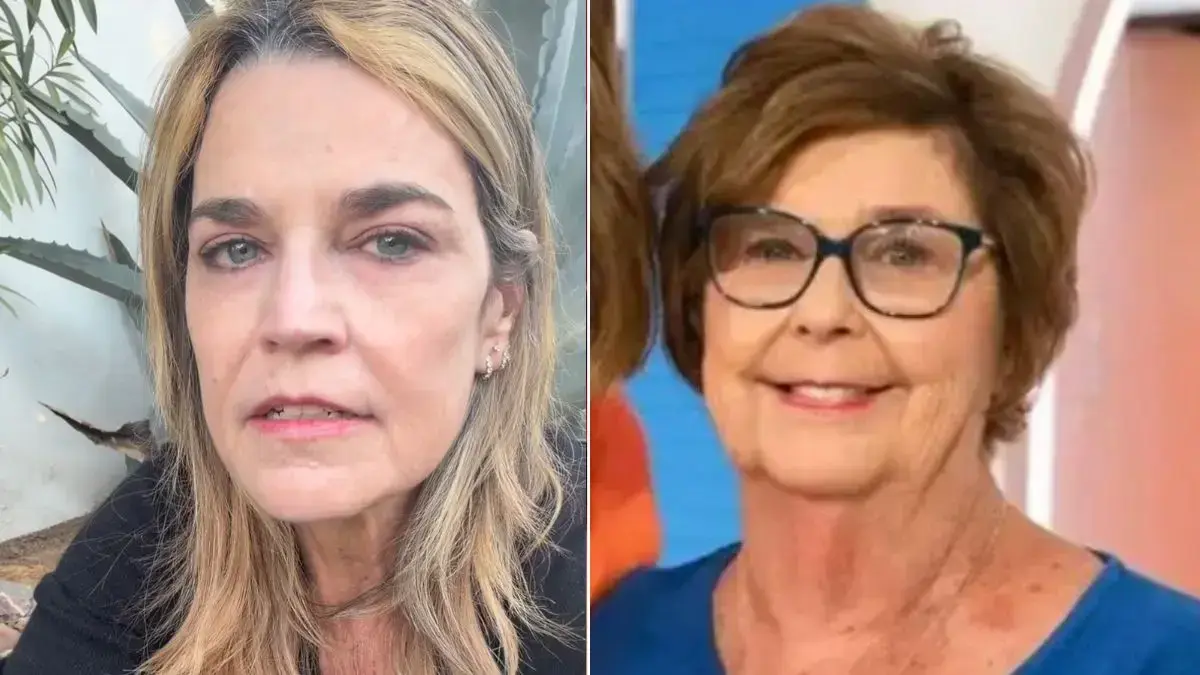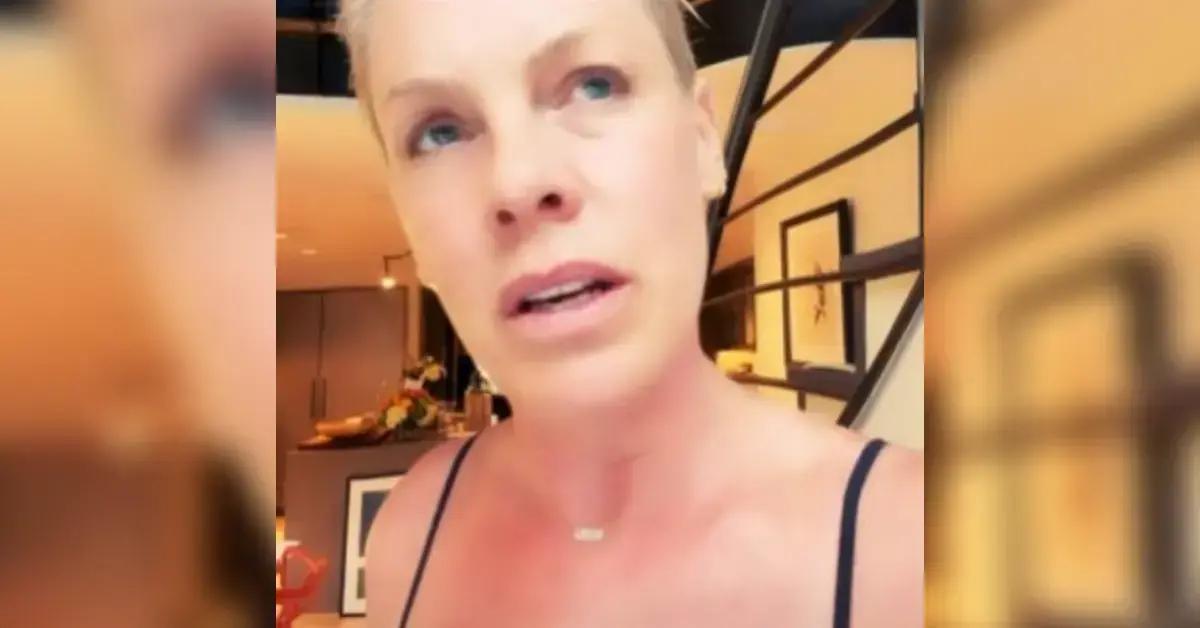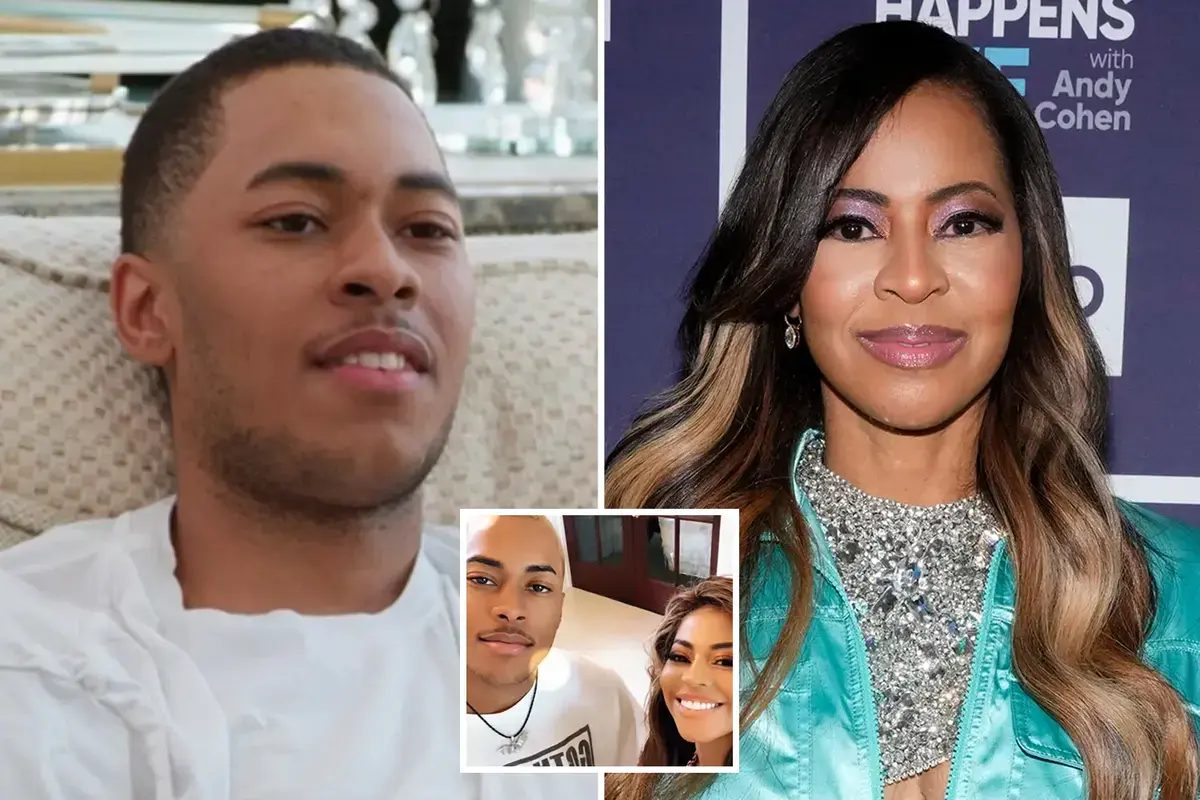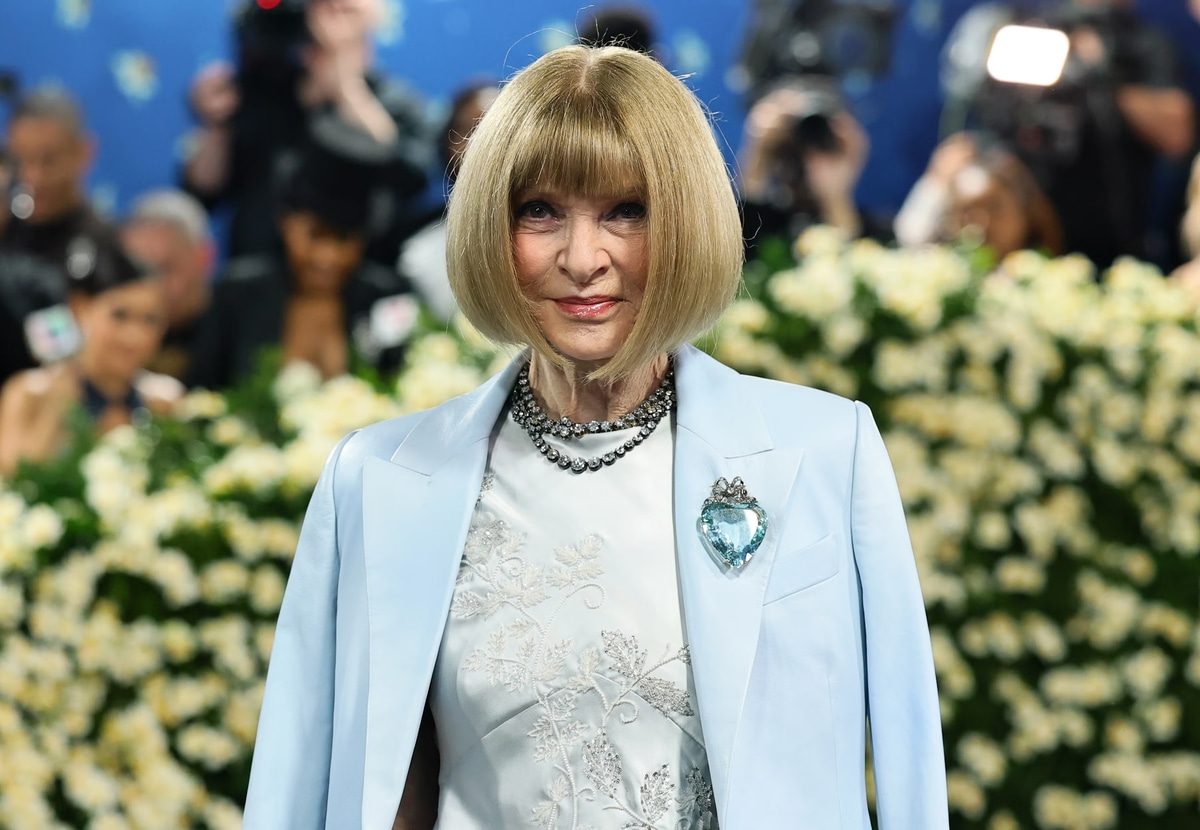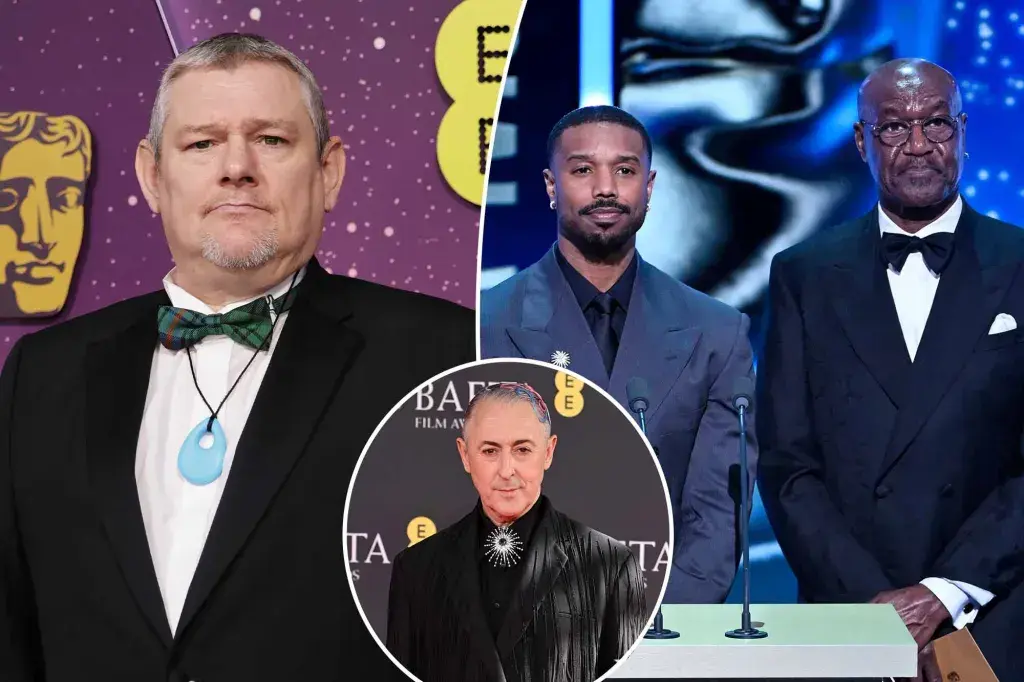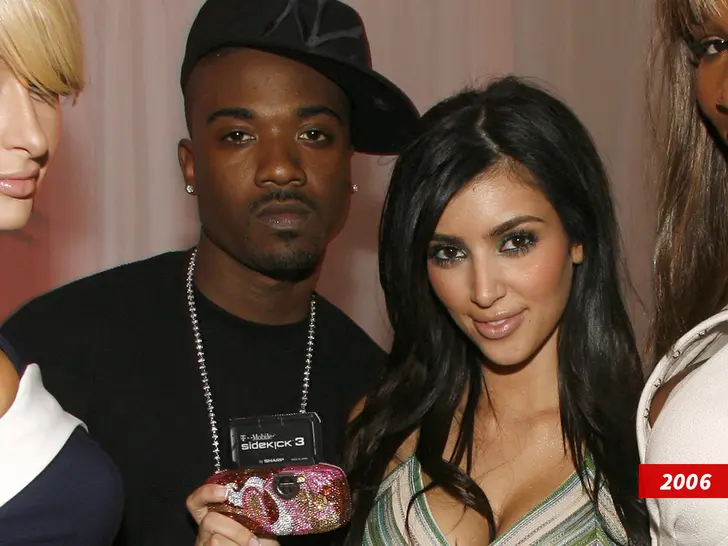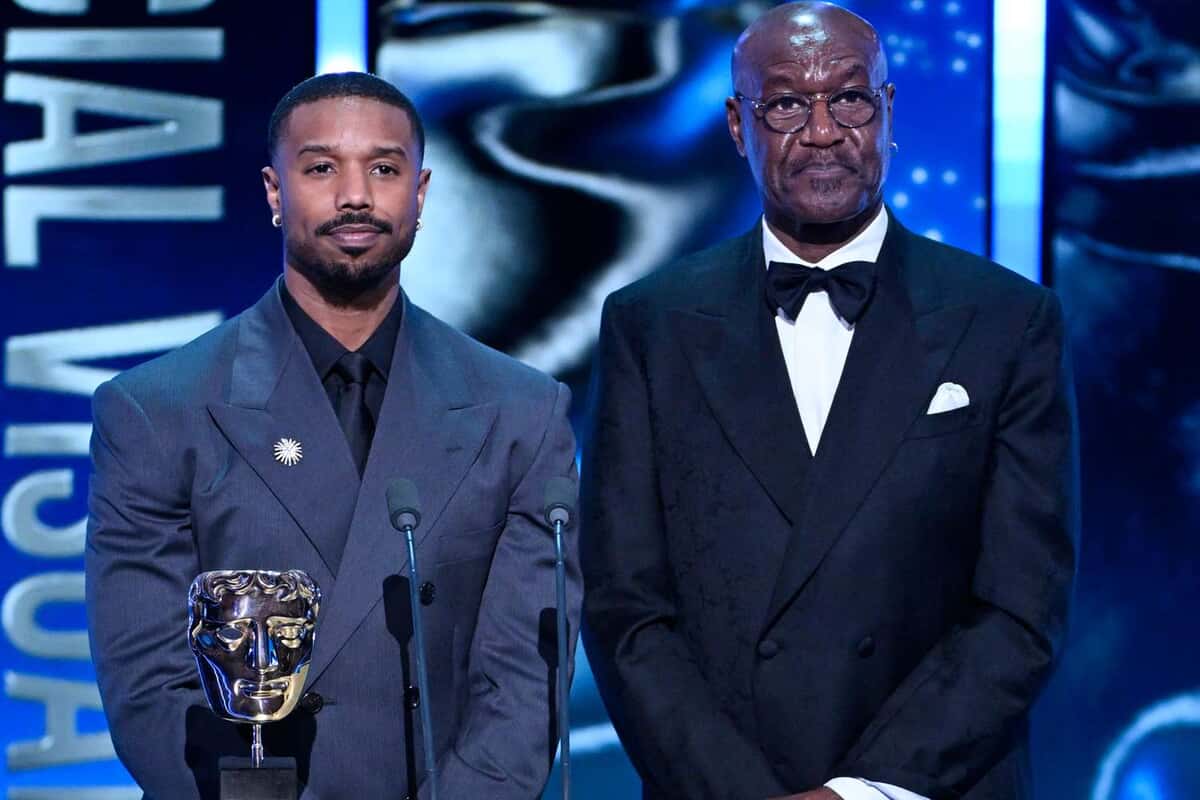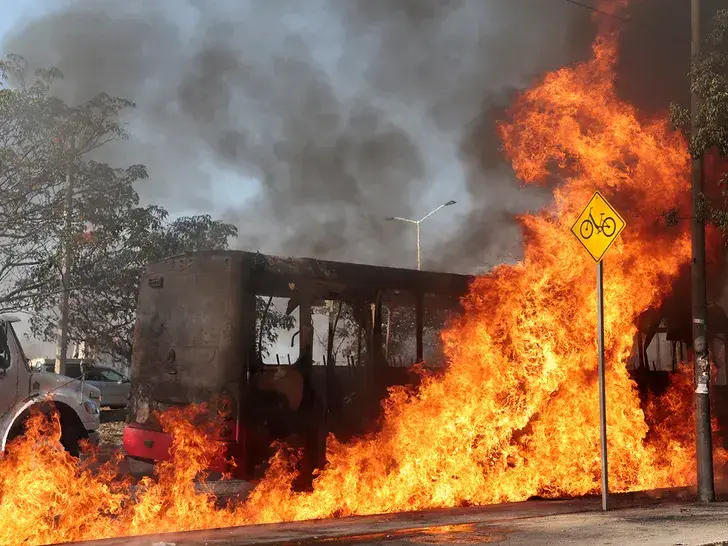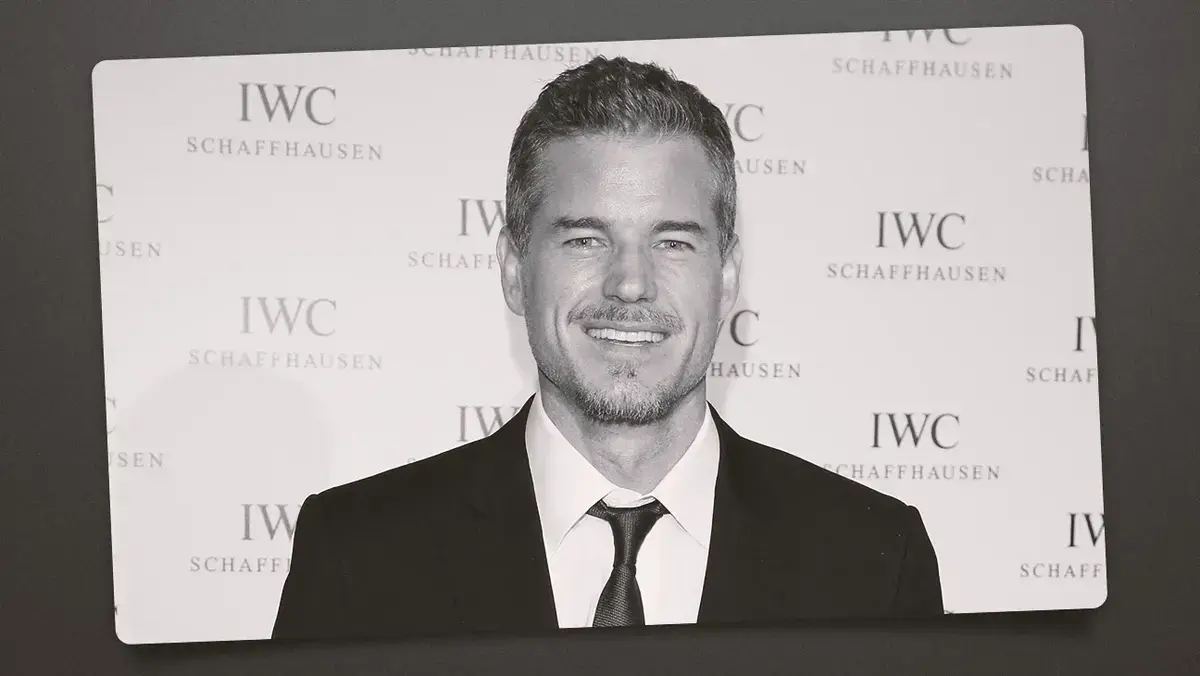BY: Denver Sean
Published 5 years ago

Michael K. Williams says he channeled his own ‘trauma’ to bring ‘Lovecraft Country’s Montrose Freeman to life.
via People:
Viewers first meet Montrose after his son Atticus (Jonathan Majors) and brother George Freeman (Courtney B. Vance) and family friend Letitia Lewis (Jurnee Smollett-Bell) traveled through the Jim Crow south to rescue him and bring him back to Chicago after he was kidnapped by the wealthy, powerful and white Braithwaite family — who runs a magical cult in Ardham, Massachusetts.
(Atticus was lured to Ardham by Montrose. It is later revealed that Atticus is a direct descendant of the cult’s sinister founder Titus Braithwaite, and he is coerced into participating in a ritual by current cult leader Samuel Braithwaite to open a portal to Eden fueled by his blood.)
Soon after meeting Montrose — and being introduced to wizardry and fleshy-looking monsters — viewers learn Williams’ character is dealing with a lot of bottled-up sadness.
Montrose is a survivor. After being reunited with his son, it is revealed that Montrose was a victim of the 1921 Tulsa Massacre. He is also struggling with identity issues that stem from his childhood. In one episode, Atticus is told that his father is gay — something Atticus denies because of how much Montrose beat him growing up for being “soft.”
“He’s traumatized,” Williams tells PEOPLE of Montrose. “We meet this man, and he’s already a survivor of the Tulsa Massacre. He moved to the south side of Chicago, which is kind of a war-zone in itself. This is also happening through the Jim Crow era.”
Williams continues: “He has issues, unresolved issues about himself that he was never allowed to explore.
Of Montrose’s sexuality, Williams says, “Montrose doesn’t know if he’s gay or straight or bisexual.”
(Viewers also see that Montrose has been in an on-and-off relationship with a man named Sammy. Montrose seems to embrace that side of him in episode 5 after going to a drag ball and the LGBTQ community celebrates him.)
“He was never given the opportunity to explore any of that. He was told by society, his community and by his family what Black masculinity should look like, and he had to stuff anything away that didn’t resemble what he was told. That’s who Montrose is when we find him. He’s in a lot of pain,” Williams says.
While Williams has played a number of dynamic and intense characters over the years, including stickup man Omar Little in The Wire, getting into character as Montrose was not an easy task.
“Montrose was different. He didn’t have the freedom Omar had or the confidence. He comes from such a broken place. I just had to find my own pain and my own trauma, which was a very painful experience for me. All the generational pain that had been passed down through my own personal experiences, I had to dig deep down in that for Montrose,” Williams says.
Williams’ own heartache was evident on-screen, specifically in episode 9 as Montrose cries while remembering all of the victims of the Tulsa Massacre as the rising Greenwood District, which consisted of several thriving Black businesses, burned to the ground.
As viewers recall, in that episode, titled “Rewind 1921,” Montrose is forced to relive the horrific ordeal after he, Atticus and Letitia traveled back in time to the day of the massacre to retrieve the Book of Names (a book of spells and incantations that could make you younger, richer, stronger, more powerful, immune to death). As they enter the past, Montrose sees his younger self being beaten by his dad for not being tough enough before getting a glimpse of his childhood friend and secret crush Thomas, who ends up being shot during the massacre.
“In that moment, I went home to the projects [where I grew up] in East Flatbush, Brooklyn, and remembered all the violence and the anger and the missed opportunities and the potential and the innocence lost and stolen,” Williams says of the tearful scene during which Montrose watched the community be destroyed.
“It was very painful. I was looking at my neighborhood, especially the murder and the death and the way police treat us… I looked at all of that and for the first time, I understood the why. All of that greatest that was in Tulsa, I saw that in my community. It was a really painful connection to make, but in my mind, that’s where I went to for that scene,” Williams says.
Also moving is Montrose’s tumultuous relationship with Atticus — a depiction Williams hopes serves as a reminder of why Black men need their fathers.
When viewers meet Montrose and Atticus, it is apparent the two have been at odds for years. Atticus resents his father for being so rough on him as a child and Montrose just wants his son to accept him.
“I would hope that after watching Lovecraft, people walk away with this understanding of the beauty and necessity of a father-son relationship in the Black community. Black fathers have been ripped away from their sons for so many years, mine included. That was the main thing that attracted me to this to this role was the opportunity to play dad to that amazing Jonathan Majors and for us to explore what father and son bonding looks like and how we can rebuild that and treasure it. There’s an absence of the Black male in our community for a lot of reasons and some of it isn’t our fault but the need is there. It’s a beautiful thing to look at. I hope Montrose will remind us how much little Black boys need their fathers,” Williams shares.
Williams additionally explains how the series challenges Black masculinity.
“We are so conditioned to mask our pain as Black men in America. We’re not allowed to cry, we’re not allowed to be vulnerable. We’re not allowed to be soft. I hope that Montrose will at least open up a conversation for Black men in America,” he says. “I don’t know if Montrose is straight or gay. He doesn’t know that. He was never given the chance to know. He was told so much about what a Black man is supposed to be that he just pulled away at all the soft parts of himself, but that is not human. We are who we are. It’s okay to b soft. It’s okay to be vulnerable. It’s okay for a Black man to say to another Black man ‘I love you.’ ”
And of course, if you’ve watched the show, you know that’s not the only message. The series so carefully and intensely explores the ugliness of racism, and Williams believes it will serve as a wake-up call as so many of the themes are still relevant today, especially following the continued protests against police brutality, which erupted after the killing of George Floyd.
“There are some really f—— up things that have happened. We’ve tried to pull ourselves up by the bootstraps and we were bombed,” Williams says of Tulsa. “I would hope that Black America can look at this and realize we come from greatness and I hope white people look at this and feel anger and pain for what their ancestors did to mine.”
Williams also says America has “come far,” but there’s more work that needs to be done.
“There’s been a lot of good that has happened, however, we keep reaching this point because we’ve failed to deal with it. We can’t go back to normal. That shit was never normal. We just got used to it, but we’ve been given the opportunity now to address it,” Williams says.
Now that ‘Lovecraft Country’ has come to the end of season 1, we can say that we hope Michael K. Williams is recognized next awards season for such a powerful performance. He deserves!
